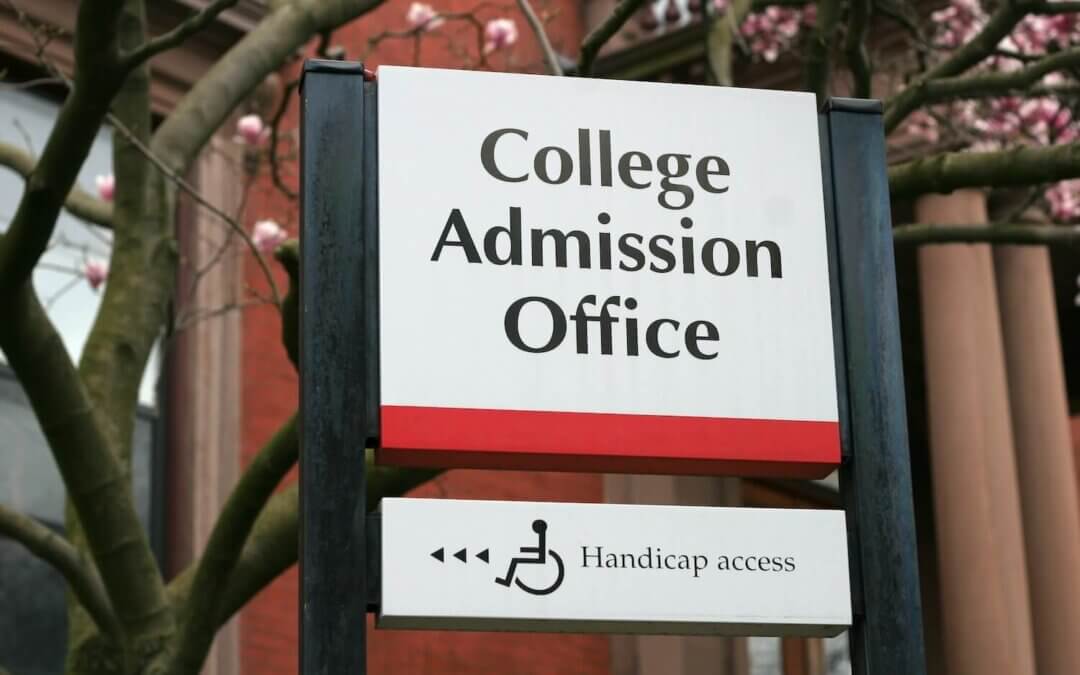College location is one of the first things we notice about a school. If you’re able to go on a tour of campus, you’re likely to be swayed subconsciously by how pretty it is, or what kind of weather it is that day (more on that later). But how much does a school’s location really matter?
The long and short of it is: Depends on what you’re looking for. Are you an athlete looking for a more charitable climate? Are you someone who’s looking to do extracurricular or professional pursuits beyond what a school can offer? For instance, people looking to do musical theater in their free time would be well-advised to check out schools in New York City, just as those looking to get involved politically might be drawn to Washington, D.C.
On the other hand, proximity to a city can sometimes be overstated in importance, so be careful to take it for what it’s worth. For instance, the author of this post went to a little school right outside of Boston, in Cambridge, and yet found himself going into Boston only once or twice a semester, if that. Most students who attend schools with robust campus lives right outside of cities will tell you the same thing—while the city might be touted as a draw for students seeking a more cosmopolitan lifestyle, actual integration into the city beyond campus is something rare that takes effort.
Then there’s the weather. One of the most common subjects of conversation, and often a surprisingly poignant factor in deciding colleges. All else being equal, would you rather go to Stanford than Harvard or Yale? Well, if you’re not looking to be cold and wet most of the year, the year-round sun of California might sound especially nice. It’s a bad idea to decide exclusively based on this criteria, but weather can have serious consequences for your health, so it’s not completely crazy.
If your college is near another school, you’re likely to be able to broaden your academic horizons by cross-registering classes. This can be ideal for students looking for offerings beyond the scope of what their school can provide. What exactly does this mean in practice, however? It’s hard to predict what kind of exact course offerings other schools might have, so basing decisions to attend one school on potential academic opportunities at another isn’t the best idea. That being said, maximizing your academic options is always preferable.
Only you can know how important certain qualities are to you, so as with everything else in the college decision process, you have to take it on a case-by-case basis. Just do your research, consider thoughtfully, and enjoy. Wherever you go, there will be pros and cons. That’s life, so just make the best of it.












